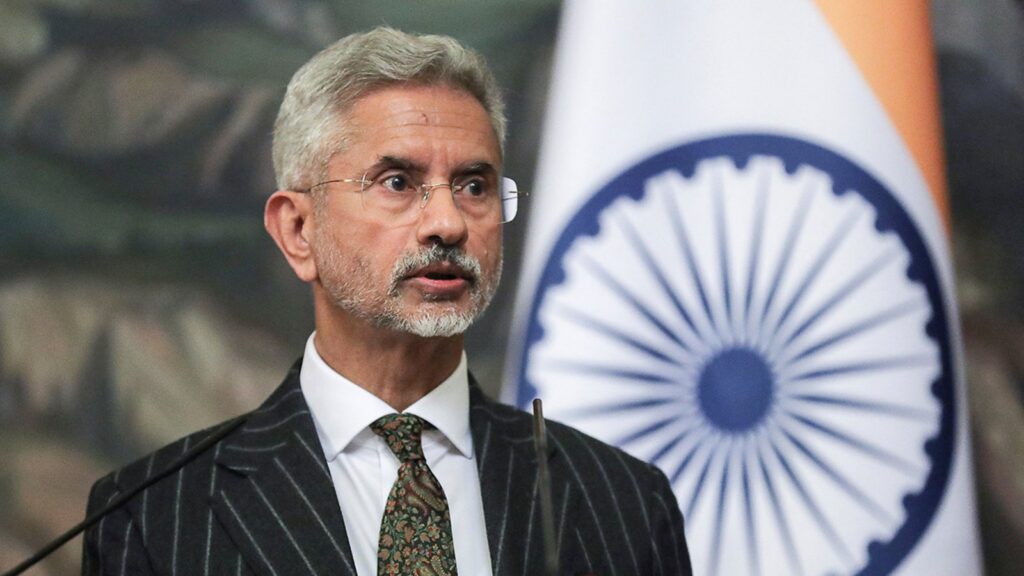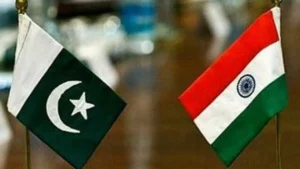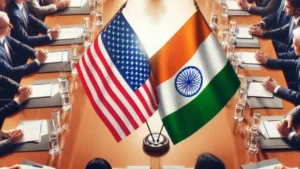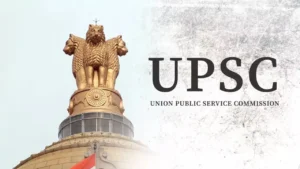Indian Foreign Minister S. Jaishankar has been vocal about the need to reform

Indian Foreign Minister S. Jaishankar has been vocal about the need to reform the current global order, which he perceives as biased and outdated. In a recent interview, he emphasized that the existing “liberal rules-based order” disproportionately favors Western nations and does not reflect contemporary global realities. He advocates for a more balanced and equitable system that aligns with the current geopolitical landscape.
Jaishankar’s stance is influenced by significant shifts in global politics, including the re-election of U.S. President Donald Trump, which has introduced uncertainties among American allies. He suggests that India’s foreign policy should adapt to these changes by embracing multipolarity and leveraging the country’s economic growth to assert its position on the world stage.
At the G20 Foreign Ministers’ Meeting in New York, Jaishankar highlighted the urgency of reforming global institutions, particularly the United Nations Security Council (UNSC), to ensure they are more representative and effective. He called for an expansion of the UNSC in both permanent and non-permanent categories to better reflect the aspirations of developing nations.
Furthermore, during the 3rd Voice of Global South Summit, Jaishankar underscored the importance of reforming multilateralism to address global challenges effectively. He emphasized that outdated thinking and vested interests impede progress, advocating for a global governance system that is more responsive to the needs of the Global South.
In his book, “The India Way: Strategies for an Uncertain World,” Jaishankar delves deeper into India’s geopolitical strategy, discussing the nation’s historical statecraft and its journey towards asserting its identity in the global arena. He emphasizes the need for India to navigate the complexities of a multipolar world and outlines potential policy responses to contemporary challenges.
Through these initiatives and perspectives, Jaishankar advocates for a reformed global order that is more equitable, representative, and capable of addressing the challenges of today’s interconnected world.



